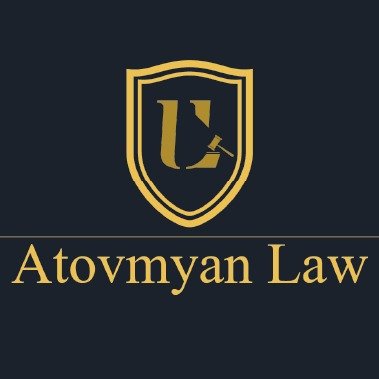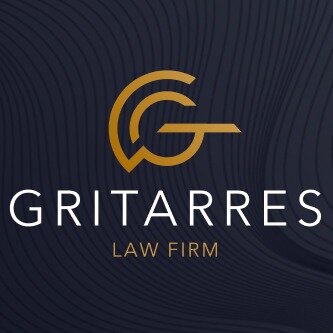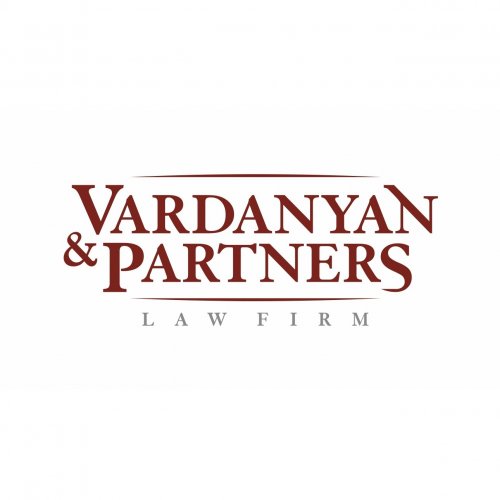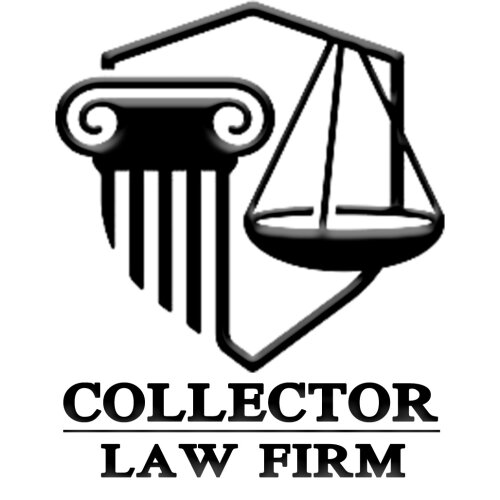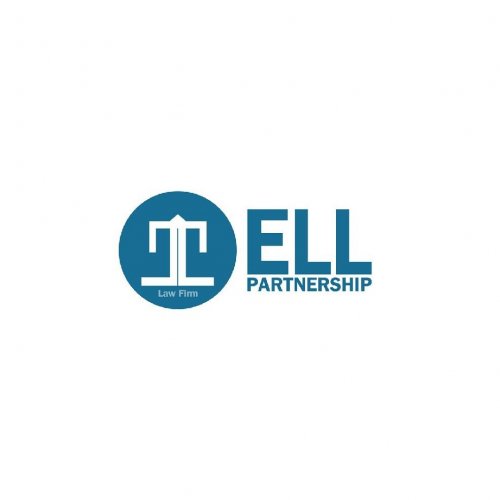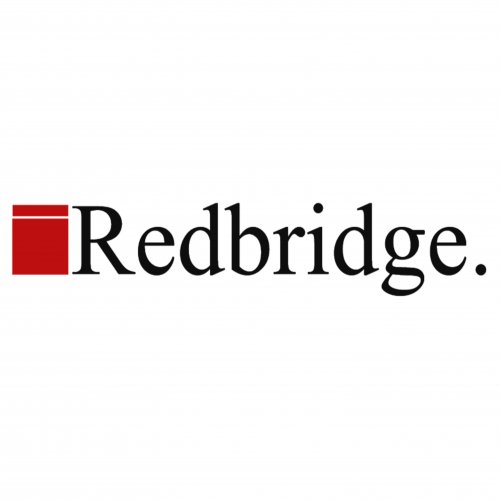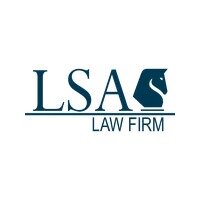Best FDA Law Lawyers in Armenia
Share your needs with us, get contacted by law firms.
Free. Takes 2 min.
Or refine your search by selecting a city:
List of the best lawyers in Armenia
About FDA Law in Armenia
In Armenia, FDA Law generally refers to the legal and regulatory framework governing the approval, distribution, marketing, and monitoring of food, drugs, medical devices, and cosmetics. Unlike the United States, Armenia does not have a singular "Food and Drug Administration" agency but has a set of national institutions and legislative acts that regulate safety standards, market entry, labeling, advertising, and enforcement related to pharmaceuticals and food products. These rules are primarily designed to ensure products are safe for consumers and comply with local and international standards.
Why You May Need a Lawyer
Legal advice in the field of FDA Law can be essential for companies, healthcare providers, manufacturers, importers, distributors, and even consumers. Some common scenarios where seeking legal help may be necessary include:
- Navigating the product registration and approval process for new drugs, food products, medical devices, or supplements
- Ensuring compliance with Armenian labeling, advertising, and consumer protection requirements
- Responding to audits, inspections, or enforcement measures by health authorities
- Addressing disputes over intellectual property, such as patents for pharmaceuticals
- Defending against allegations of safety violations, mislabeling, or counterfeit products
- Handling product recalls or responding to consumer complaints
- Importing or exporting regulated products
- Understanding Armenia's alignment with Eurasian Economic Union (EAEU) and European regulations
Local Laws Overview
FDA-related regulations in Armenia cover several core areas:
- Product Registration: Drugs, medical devices, and certain food products must be registered with the Ministry of Health before being offered in the Armenian market.
- Quality Standards: Products must meet local and international (often EAEU) safety, efficacy, and quality standards.
- Labeling and Packaging: Armenian law requires detailed and accurate product labels, including ingredients, expiration dates, instructions, and warning statements, all generally provided in the Armenian language.
- Advertising: There are specific rules on advertising medical and food products to the public to prevent misleading information.
- Inspection and Compliance: Government agencies conduct regular inspections and market surveillance. Non-compliance may result in fines, recall orders, or other enforcement actions.
- Import and Export Controls: International trade in pharmaceuticals, food, and medical devices is closely regulated, with specific documentation and safety requirements.
- Personal Data Protection: Clinical trials and patient information are subject to national data protection laws.
Frequently Asked Questions
What agency regulates drugs and medical devices in Armenia?
In Armenia, the Ministry of Health, through its specialized departments, is responsible for the evaluation, registration, and control of drugs and medical devices.
Do I need to register my food supplement before selling it in Armenia?
Yes, most food supplements and nutritional products must be registered and meet quality and safety standards before being placed on the market.
Are there specific labeling requirements for food and drug products?
Yes, Armenian law requires that product labels include details such as composition, usage instructions, expiration dates, and manufacturer information, usually presented in Armenian.
Can an imported pharmaceutical product be sold directly in Armenia?
No, imported drugs must first be registered and receive approval from the appropriate government agency before distribution and sale.
Is clinical trial authorization required in Armenia?
Yes, clinical trials require formal authorization from Armenia's Ministry of Health, and must comply with both ethical standards and data protection laws.
What are the penalties for non-compliance with FDA-related laws?
Non-compliance can result in administrative fines, problem product recalls, suspension of business operations, or even criminal liability in cases of serious harm.
How are food and drug advertisements regulated?
Advertisements for food and drug products must be truthful, not misleading, and comply with restrictions, especially concerning health claims and target audiences.
How does Armenia’s membership in the Eurasian Economic Union affect FDA Law?
Armenia’s EAEU membership means many standards, especially for pharmaceuticals and food safety, are harmonized with those of other member states, requiring additional certifications or conformity assessments.
What should I do if a regulator conducts an inspection of my facility?
You should promptly cooperate, provide requested documents, and seek legal advice to ensure your rights are protected and that you remain in compliance with regulatory requirements.
Who can I contact for help with product registration or a compliance issue?
You may consult a specialized FDA Law attorney in Armenia or reach out directly to the Ministry of Health or relevant licensing authority for guidance.
Additional Resources
If you need further information or assistance related to FDA Law in Armenia, consider reaching out to:
- The Ministry of Health of Armenia
- The State Service for Food Safety, Ministry of Economy
- The National Center for Disease Control and Prevention
- The Chamber of Commerce and Industry of Armenia
- Local bar associations and legal aid centers
Next Steps
If you believe you require legal assistance related to FDA Law in Armenia, follow these steps:
- Gather all relevant documentation regarding your product, business, or the issue at hand
- Research and identify attorneys or law firms with experience in FDA Law and regulatory compliance
- Schedule a consultation to discuss your situation in detail and understand your legal options
- Prepare questions and clarify your main concerns in advance of your meeting
- Follow your attorney's advice to achieve compliance, resolve disputes, or pursue legal remedies as needed
Lawzana helps you find the best lawyers and law firms in Armenia through a curated and pre-screened list of qualified legal professionals. Our platform offers rankings and detailed profiles of attorneys and law firms, allowing you to compare based on practice areas, including FDA Law, experience, and client feedback.
Each profile includes a description of the firm's areas of practice, client reviews, team members and partners, year of establishment, spoken languages, office locations, contact information, social media presence, and any published articles or resources. Most firms on our platform speak English and are experienced in both local and international legal matters.
Get a quote from top-rated law firms in Armenia — quickly, securely, and without unnecessary hassle.
Disclaimer:
The information provided on this page is for general informational purposes only and does not constitute legal advice. While we strive to ensure the accuracy and relevance of the content, legal information may change over time, and interpretations of the law can vary. You should always consult with a qualified legal professional for advice specific to your situation.
We disclaim all liability for actions taken or not taken based on the content of this page. If you believe any information is incorrect or outdated, please contact us, and we will review and update it where appropriate.
Browse fda law law firms by city in Armenia
Refine your search by selecting a city.




